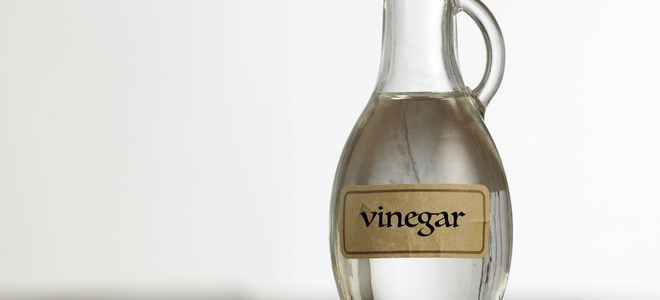
While vinegar is commonly regarded as the “holy grail” of household products, it can't be used for everything.
Vinegar is certainly useful in freshening up bath towels, de-gunking a dishwasher, or battling stubborn carpet stains.
Given the fact that vinegar is both non-toxic and natural, it’s a desirable cleaning solution. It’s also in high demand
because it’s not high in chemicals. Just because this magical solution offers help around this house in a range of ways
doesn’t mean it’s safe to use across the board. To ensure that you’re only using vinegar where appropriate, below is a
list of things that should never be done with vinegar around the house.
1. Cleaning Marble or Granite
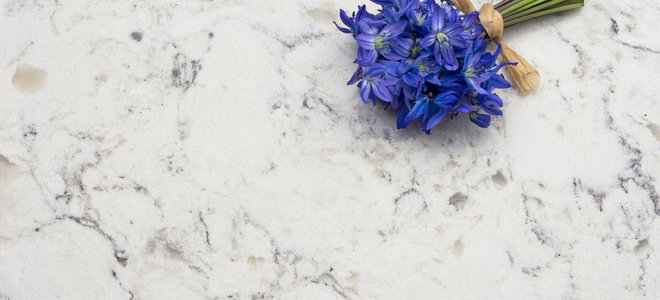
Granite and marble are certainly something that you do not want to ruin or damage. Using vinegar to clean these items could
do just that. This is because the acid in vinegar can etch the natural stone. Instead, use a mild liquid dish detergent mixed with
warm water and your counters will soon be sparkling.
2. Cleaning an Iron
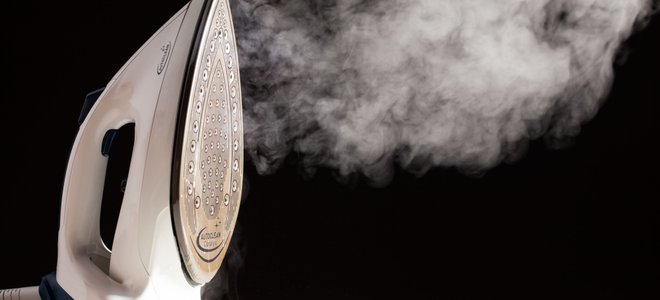
It’s tempting to clean your iron with vinegar to freshen it up, especially since the solution can be safely added to a washing
machine to clean towels and linens. However, doing so presents a danger to your iron. Doing this could damage the tool
internally, causing a clog. Instead, read the manufacturer’s instructions to learn how to best clean an iron and avoid the
steam vents clogging by emptying the iron each time you use it.
3. Touching Up Hardwood Floors

This is a part of the household where there’s still some debate as far as vinegar goes. Some argue that vinegar both cleans
and seals their hardwood floors nicely, while others state that it damages the finish. While there is a chance that vinegar could
react well to your hardwood floors, from our point of view, it’s not really worth the risk. Instead, you’d be better suited to use a
cleaner that is specifically formulated for hardwood floors, easily found at your local hardware or grocery store. If you simply
must try vinegar on your flooring, dilute it with water generously and test it on a small part of the floor to see its reaction.
4. Wiping Down Electronics
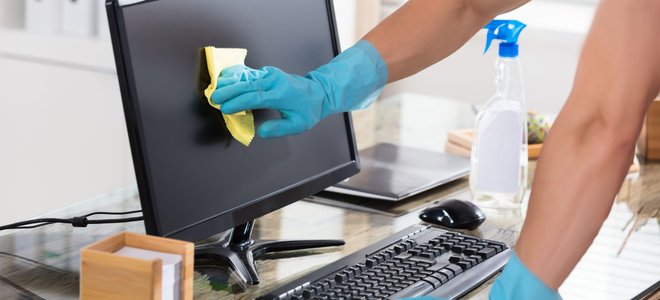
Since vinegar is known for cleaning items so thoroughly, you may think it’d be a great way to strip your laptop or even
smartphone screen of fingerprints and germs. This is not the case. Since many electronics have a thin layer of oleophobic
coating to improve their appearance and limit fingerprints and smudging, vinegar is a danger to these products. The acid in
vinegar can strip this film off completely.
5. Mixing with Bleach
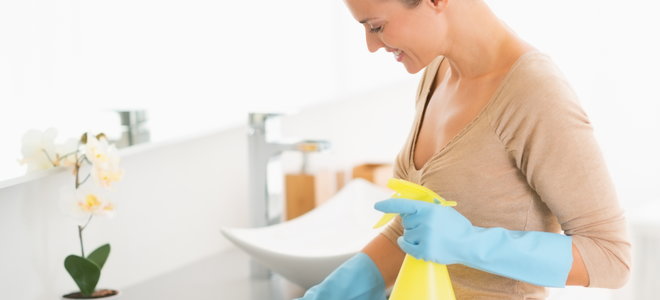
Bleach and vinegar are both highly regarded and widely used cleaning solutions, but that doesn’t mean that they should be
mixed together. When they are mingled, in fact, they produce chlorine gas. This was the substance used to clear trenches in
World War I. Therefore, this is definitely not something you want within the walls of your home, so definitely don’t mix these
two solutions together for any reason.
6. Cleaning Cast Iron Pots
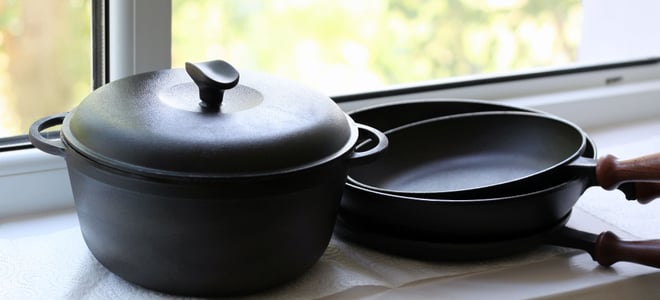
Cast iron pots and skillets are valuable tools in the kitchen, and for that reason, you want to keep them in working order.
These kitchen tools build up a layer of grease and grime that demand a thorough cleaning. The cleaning shouldn’t be done
with vinegar. Vinegar can have an adverse reaction with cast iron, inducing rust. To keep your pans pristine, rinse them simply
with water or gentle soap and water if desired.
7. Cleaning Egg Stains
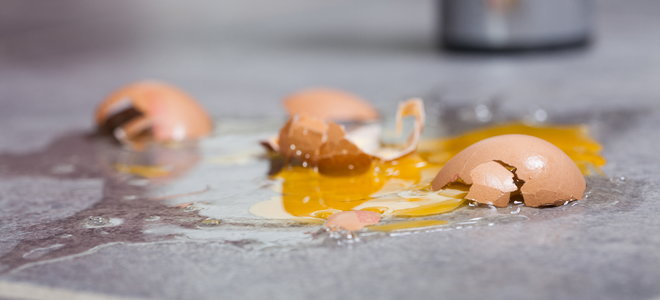
While this may not be something you run into too frequently, egg stains do occur when you drop an egg on the floor
accidentally. If this happens to you, opt for a different cleaning solution than vinegar. Using vinegar can cause a spilled egg
to coagulate due to the acid in the vinegar. This will make the stain more difficult to remove.
Vinegar is undoubtedly a valuable cleaning agent, but avoid using vinegar with these items in order to maintain a clean and
healthy home.







Comments:
Post Your Comment: